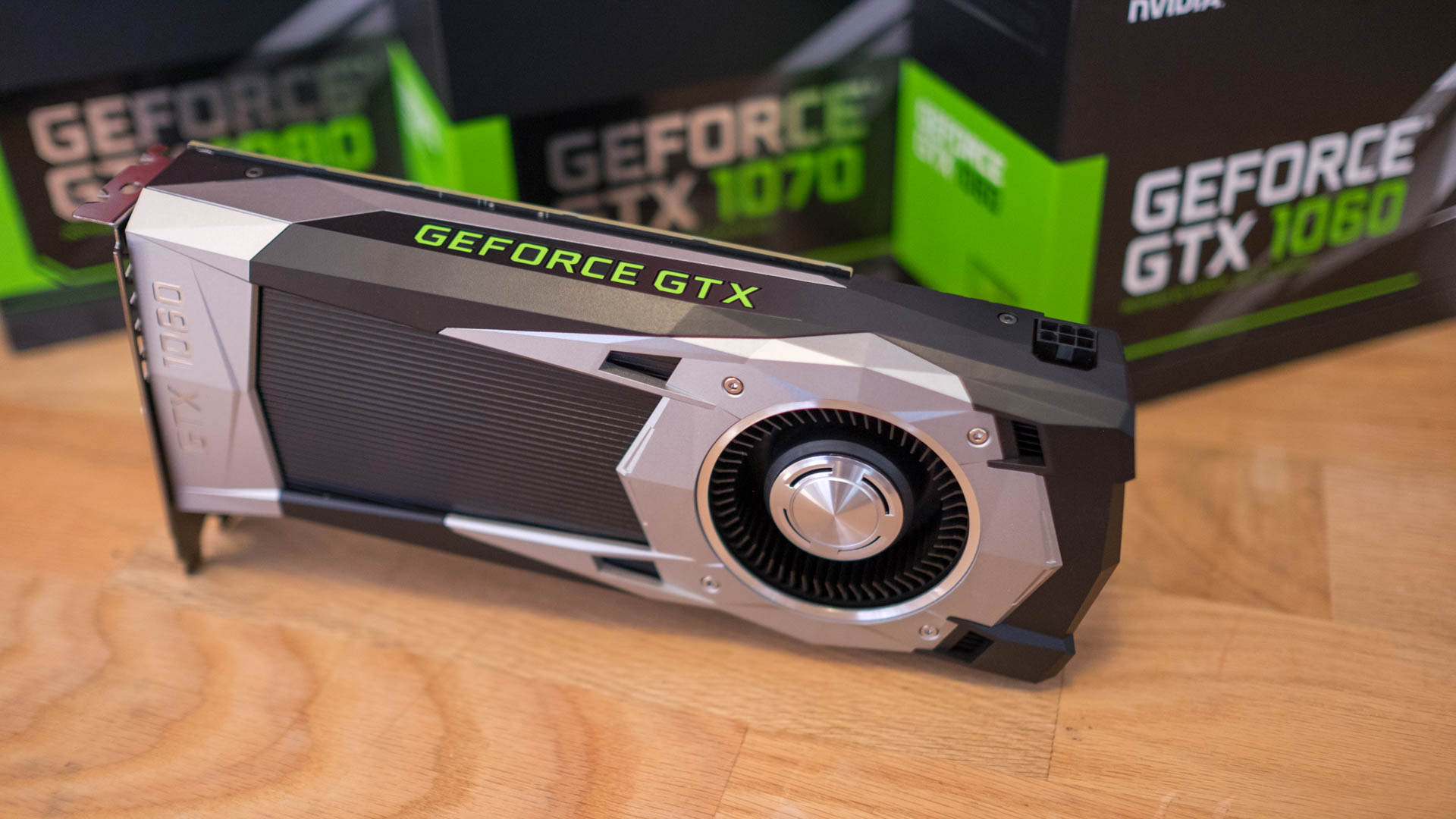AMD’s next-gen frame rate booster leaves the most popular GPU in the world out in the cold
Nvidia GTX 1060 falls below AMD’s recommended requirements for FSR 2.0

The most popular graphics card out there (at least going by Steam’s hardware survey stats) falls below the recommended requirements for AMD’s incoming next-gen frame rate boosting feature.
Team Red recently revealed FSR 2.0 (the successor to the original FidelityFX Super Resolution tech), and made it clear that version 2.0 will not be usable (in theory – more on that later) by those with an Nvidia GTX 1060 graphics card (whereas v1.0 was compatible).
The new baseline where support for Nvidia cards begins is the GTX 16 Series (Turing) and GTX 1070 from the previous Pascal generation. On the AMD side, the base GPUs are the RX 6500 XT and RX 590.
This is a recommendation, mind, so not a hard-and-fast rule, but nonetheless the GTX 1060 – and RX 580 for that matter – can’t clear the bar with FSR 2.0 running at 1080p.
Higher resolutions make even greater demands on your graphics hardware, of course. We’re talking an RX 6600 or RX 5600 (or RX Vega) or better, or an RTX 2060 and GTX 1080 (or RTX 3060 for current-gen) when it comes to 1440p.
4K calls for an RX 6700 XT or RX 5700 and above, and an RTX 2070 or RTX 3070 for those with Team Green.
FSR 2.0 is expected to be released at some point in Q2.
Get daily insight, inspiration and deals in your inbox
Sign up for breaking news, reviews, opinion, top tech deals, and more.
Analysis: The temporal price… but all is not lost for GTX 1060 owners
First off, why the greater demands here? Well, FSR 2.0 moves to use temporal upscaling, rather than spatial upscaling as seen in FSR 1.0, the difference being that the former uses data drawn from past frames (not just the current frame) to improve overall quality. Unsurprisingly, upping the quality to better compete with Nvidia’s rival DLSS tech is more taxing for the GPU, and there’s no way around that.
Still, these are only recommendations from AMD, and it could be the case that in certain PCs, maybe with faster CPUs or other components working alongside the popular GTX 1060, the results could be palatable (at least in some games).
In short, this isn’t a black-and-white supported-or-unsupported situation; there’ll be shades of grey, and some owners with slightly underpowered GPUs compared to AMD’s suggestions might get away with it at 1080p.
Team Red itself noted: “Depending on your specific system specifications, the system requirements of individual games that support FSR 2.0, and your target resolution, you may be still able to have a good upscaling experience on lower-performing or older GPUs [than the recommended ones].”
Further tweaks to FSR 2.0 could improve the situation going forward, as well, as our sister site PC Gamer points out, while also observing that it seems like the new tech depends considerably on memory bandwidth to work well. (The RTX 3050 is notably not recommended, whereas the GTX 1070 gets a shout – and the latter offers more bandwidth, even though technically the 3050 is a slightly faster card).
Finally, it’s worth remembering that AMD also now has Radeon Super Resolution (RSR) on the table as a more basic frame rate booster, and one that applies across a great deal of games, not just those coded to support it (FSR support must be baked-in by game developers). The catch with RSR is that it’s directly in the Radeon driver, so while it’s good for AMD GPUs, Nvidia card owners can’t benefit from it.
- Check out all the best gaming PCs
Darren is a freelancer writing news and features for TechRadar (and occasionally T3) across a broad range of computing topics including CPUs, GPUs, various other hardware, VPNs, antivirus and more. He has written about tech for the best part of three decades, and writes books in his spare time (his debut novel - 'I Know What You Did Last Supper' - was published by Hachette UK in 2013).